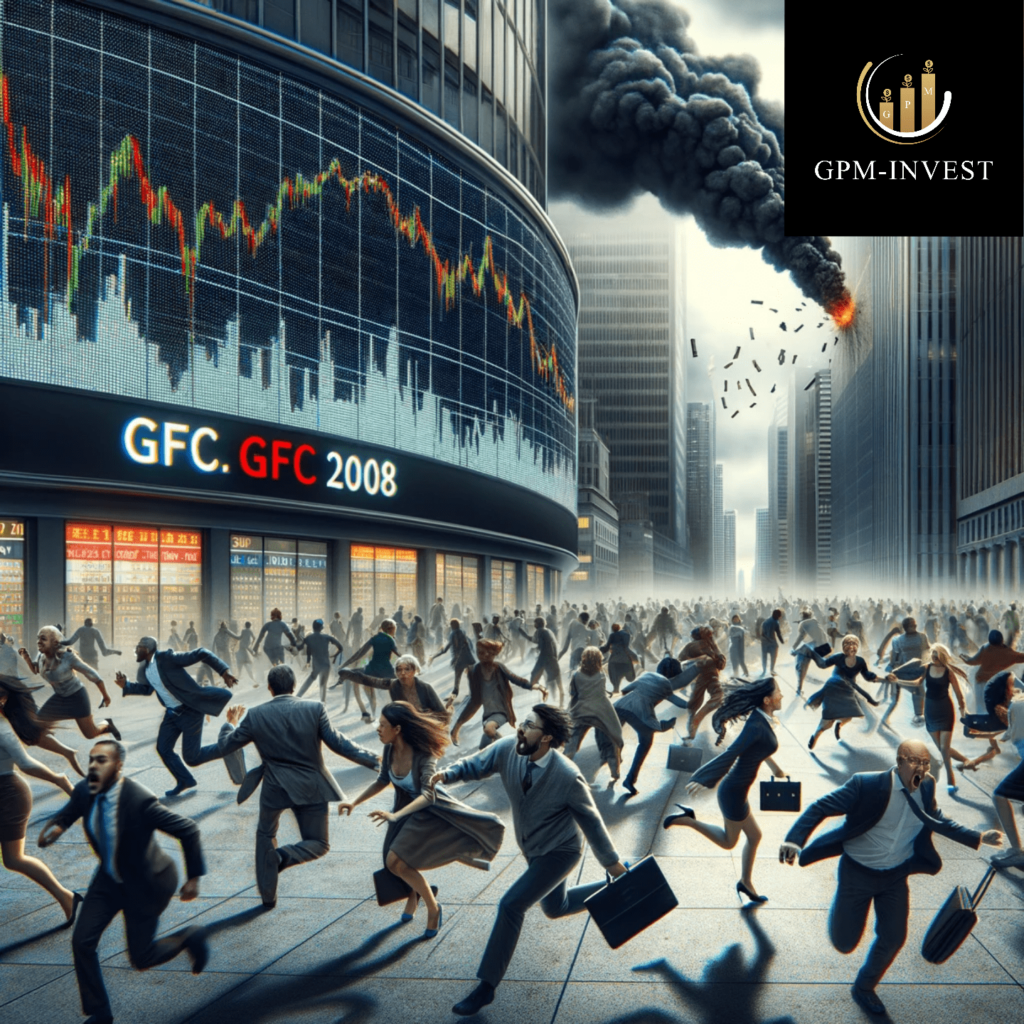The Ghost of 2008 Looms: The Precarious Dance of Inflation and Interest Rates
By the Digital Zeitgeist, Geopolitical and Financial Analyst based in the UK
The Bank of England, stationed regally at its Threadneedle Street headquarters, stands at a crucial juncture. As analysts keenly observe the nuanced ballet of economic indicators, whispers of 2008’s haunting melody have started to surface. The bank’s history of responses to inflation and its potential consequences may yet lead us down a familiar, treacherous path.
Waning Economic Vitality
The health of an economy is no simple diagnosis. A myriad of indicators offer us glimpses into its vitality. Recent figures bear testament to a slackening tempo. The bank, much like a worried physician, must now decide its course of treatment. The symptoms include dwindling wage growth, a slowing pace of job vacancies, and an expected rise in unemployment. Most analysts believe any further rate rises would only exacerbate this lethargy.
The Middle East conflict’s spectre only complicates the prognosis, further bolstering the notion that the Bank would avoid making borrowing more costly for households and businesses.
Contrasting Opinions at the Helm
Top brass at the Bank of England offers a medley of opinions, adding intrigue to the deliberations. The chief UK economist at Nomura, George Buckley, highlighted the declining retail sales, housing market, and manufacturing sector as key concerns. Conversely, inflation remains uncomfortably high at 6.7%. The expected relief from falling energy prices was unexpectedly offset by a staggering 70% surge in gas prices over a mere three-month span.
Interestingly, Andrew Bailey, the governor of the Bank of England, seems somewhat optimistic, having halted a marathon of 14 rate rises last month. The chief economist of the Bank, Huw Pill, conversely, presents a more guarded stance, suggesting more needs to be done to get inflation back to the government’s 2% target.
A Divided Camp on Rising Salaries
While there’s consensus on inflation being a problem, there’s less agreement on the implications of rising salaries. The ONS’s recent data showing an uptick in wages has been controversial, especially given its new methodology. Oxford Economics’ Andrew Goodwin is among those sceptical of the ONS’s findings. If the inflation surge is a reaction to these wage hikes, is it justified?
Moreover, homeowners are yet to grapple with the full ramifications of previous rate hikes. The act of renegotiating mortgages could have dire effects on household incomes. As Swati Dhingra warns, the prospect of doubled or tripled monthly mortgage repayments could push many households to the brink.
2008 Revisited?
Perhaps the most alarming perspective comes from Chris Williamson, chief business economist at S&P (Standard & Poor). He warns of parallels between today’s climate and the precursors to the 2008 financial meltdown. Then, as now, banks sought to temper economic booms with higher borrowing costs, inadvertently setting up a financial house of cards.
While Williamson doesn’t predict a catastrophe akin to the Lehman Brothers collapse, he does caution that we might be underestimating the destructive power of high-interest rates. The optimism engendered by a thriving services sector and tourism resurgence might be masking deeper vulnerabilities.
Conclusion: Walking a Thin Line
The Bank of England finds itself on a precarious tightrope, balancing inflation concerns with the broader health of the UK economy. The echoes of 2008 are a stern reminder of the consequences of ill-advised monetary policy decisions.
While it’s clear that unchecked inflation can ravage economies, it’s equally evident that aggressive interest rate hikes can spark dire repercussions in an already vulnerable economic landscape. The upcoming decisions of the Bank will be critical, not just for the UK, but as a bellwether for global economic strategy in these tumultuous times.
Disclaimer: The views and opinions expressed in this article are those of the author and do not necessarily reflect the official policy or position of GPM-Invest or any other organisations mentioned. The information provided is based on contemporary sourced digital content and does not constitute financial or investment advice. Readers are encouraged to conduct further research and analysis before making any investment decisions.

